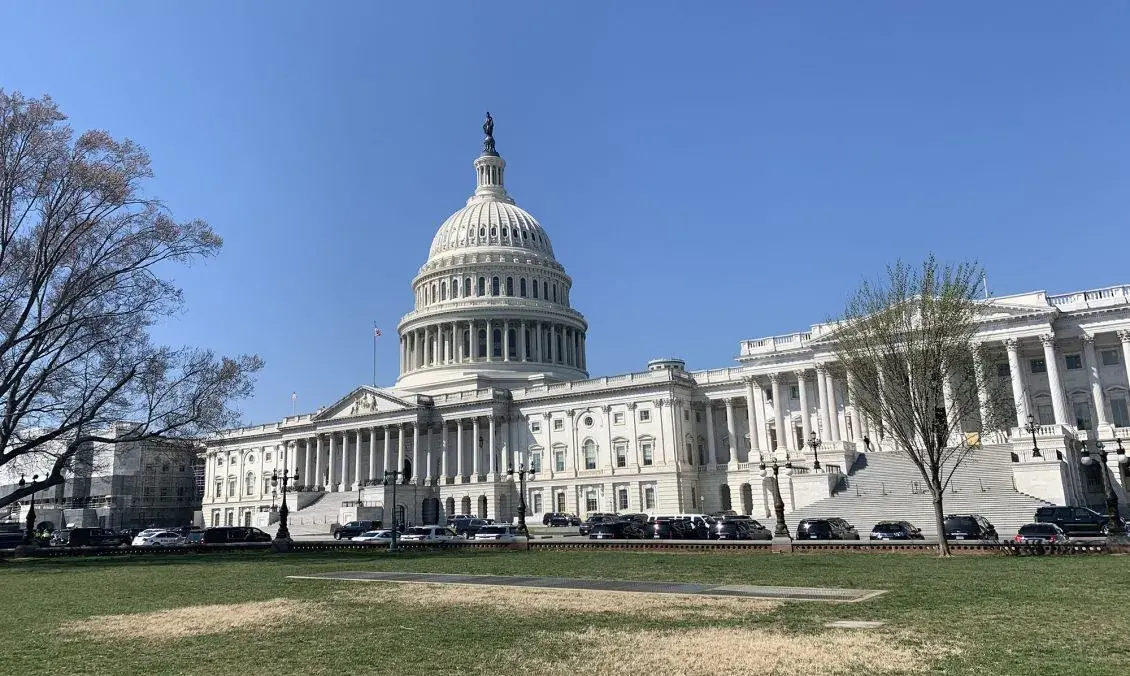The Affordable Housing Credit Improvement Act (AHCIA) of 2023 was introduced on Thursday to strengthen and expand the Low-Income Housing Tax Credit (Housing Credit), our nation’s most critical tool to create and preserve affordable homes. The legislation, which has a long history of deeply bipartisan support, largely mirrors proposals introduced in the previous four Congresses.
The bills for the 118th Congress are led by Sens. Maria Cantwell (D-Wash.), Todd Young (R-Ind.), Ron Wyden (D-Ore.), and Marsha Blackburn (R-Tenn.), and Reps. Darin LaHood (R-Ill.-16), Suzan DelBene (D-Wash.-01), Brad Wenstrup (R-Ohio-02), Don Beyer (D-Va.-08), Claudia Tenney (R-N.Y.-24), and Jimmy Panetta (D-Calif.-19) in the House. The House bill, in addition to the bill sponsors, also included more than 60 bipartisan original cosponsors.
Enterprise interim co-CEO Lori Chatman praised the legislation, one of the organization’s top priorities for its 2023 policy agenda.
“Across the country, the cost of housing remains too high. One out of four renters pays over half of their income to rent, far above the 30 percent considered to be affordable,” Chatman said. “Enterprise is thrilled to see a bipartisan group of legislators introduce the Affordable Housing Credit Improvement Act, which builds on the proven success of the Low-Income Housing Tax Credit and would produce an additional two million more rental homes than would otherwise be possible over the next decade. With more than 40 years’ experience building and preserving 951,000 affordable homes nationwide, it is clear to Enterprise that there is a critical need for Congress to take up the AHCIA and move it forward.”
The bill includes a couple dozen provisions to not only expand production and help preserve affordable housing, but also provide state Housing Credit allocating agencies new tools to strengthen program administration. Some of the changes would update rules to improve access for veterans, students, and victims of domestic violence and human trafficking.
The main production provisions in the bill are aimed at increasing the supply of affordable housing and would finance nearly two million additional affordable rental homes in the next decade. This includes a 50% increase in Housing Credit authority, as well as a provision to streamline Housing Credit developments financed with tax-exempt bonds by reducing the so-called “50% test”—the percentage of project costs required to be bond-financed—to 25 percent. It also includes for “basis boosts” to provide sufficient resources to finance certain difficult-to-develop projects, including those serving rural, Native American, and extremely low income individuals.
Since its creation in 1986, the Housing Credit has been responsible for financing over 3.7 million affordable homes, providing more than 8 million low-income families, seniors, veterans, and people with disabilities with safe and affordable places to live. This success as a federal program is a key reason the AHCIA of 2021 earned the support of nearly half of Congress, with 208 cosponsors in the House and 44 cosponsors in the Senate.
Enterprise will continue its efforts to support advocacy to build on this cosponsorship, including through our work co-chairing the ACTION Campaign. Sign up as a member of ACTION —membership is free and includes timely updates.



